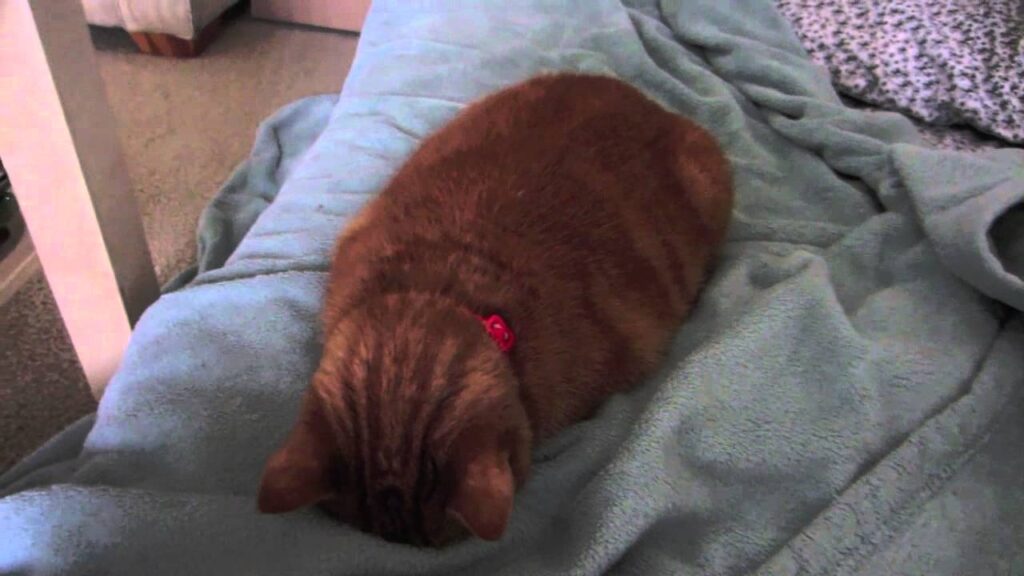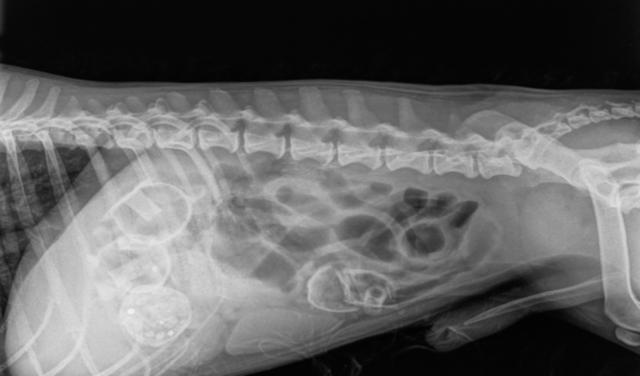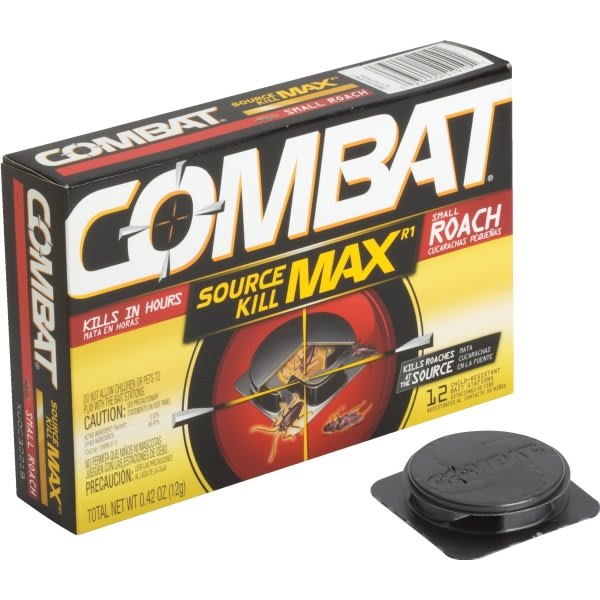Having a cockroach infestation is a nightmare. Not only are the pests persistent but they multiply with the speed of lightning.
As if the kitchen isn’t cozy enough a place for them, they will make their way to the rest of the house. You’ll find them in your bathroom sink, living area, under your pillow, in your office – you name it.
Watching cockroaches crawl all over the kitchen counter is frustrating, to say the least.
Then there’s the fact that roaches cause disease. The nasty pests feed on anything including human feces and can easily spread germs causing a host of diseases such as plague, dysentery, typhoid fever, cholera, diarrhea, poliomyelitis, and leprosy.
The best thing is to remove them from your home as early as you can.
There are several roach control methods. One of them is using killing baits. These are insecticides that introduce poisons to roaches in the nest.
Baits work great in killing an infinite number of bugs. However, they contain sweet flavors such as peanut butter and sugars to attract roaches.
Sadly, they can be tasty to our beloved furry friends as well. If your kitty has come in contact with or worse ingested Combat roach bait, what can you do?
We have a detailed guide for you.
What Does Combat Roach Bait Contain?
Combat roach bait is a common insecticide used to kill bugs of all kinds including roaches, palmetto bugs, and waterbugs.
The active ingredient in the formula is the famous hydramethylnon which is an expert killer of roaches.
It works by inhibiting the energy production of mitochondria thus killing the bugs.
When roaches feed on the Combat bait, they become lethargic in a matter of a few hours.
Next, they will have no energy to eat. Ultimately, the bugs will die over the next 24-72 hours.
Hydramethylnon kills bugs slowly and effectively. Once it disrupts the production of energy in their cells, the life of the bugs is pretty much done.
It is a slow-acting poison that works both via ingestion and application. That’s right – if a bug comes in contact with it, it will succumb.
Obviously, the effectiveness of the bait is higher when ingested than topically.
The reason for its slow action is that it kills as many roaches as possible. When one ingests it, it will live long enough to infect others in the colony. This means that roaches that haven’t ingested or come in contact with the bait die as well.
Since cockroach colonies contain hundreds (if not thousands) of bugs, the bait does a good job of wiping them out.
Is Combat Roach Bait Poisonous to Cats?

According to the ASCPA, ant and cockroach baits are generally safe around pets.
Sure, they have poisonous baits but the percentage is essentially low to cause harm to a kitty.
Roach baits use 2% of the active ingredient, in general. While there’s enough poison in there to perhaps wipe out many roach colonies, it is insignificant to cause major harm to a cat.
The worst it can do is to trigger a stomach upset but that’s about it.
If your furbaby takes a sniff of the bait or rolls around it, she may have some irritation. This is especially true if the product comes in contact with the eyes.
It is, therefore, best to keep it away from the pet.
What to Do In Case Of Ingestion
Your cat just ate the Combat roach bait. What should you do?
Well, for starters, don’t panic. Stay calm and take the following steps.
1. Read the first aid instruction on the label of the product
The Combat roach bait comes with clear first aid measures.
In case of inhalation, ingestion, eye contact, and skin contact, the directions will guide you on what to do.
For ingestion, the guide suggests rinsing the mouth with plenty of water or milk.
The next thing to do would be to contact the pet poison control center.
2. Monitor your cat
After rinsing the cat’s mouth with milk or water, monitor her behavior for the next hour or so.
Watch out for stomach upsets in form of vomiting, diarrhea, and lethargy.
Although they rarely happen, some cats also experience muscle tremors and tremors.
3. Contact the pet poison headline
In case of any of the above symptoms, call the pet poison helpline center. You will be directed on what to do to help your cat.
If your furbaby is exhibiting severe symptoms, rush to the vet.
There’s no antidote to roach bait but supportive treatment will help her. She may need the gel flushed out of the system and a large number of IV fluids.
The Real Danger

Source: 1
While the Combat roach poison doesn’t cause severe danger in cats, you need to watch out for the packaging.
Sometimes cats consume the plastic wrapping on the bait along with the bait. This almost always causes blockages in the gut which translates to more problems for the kitty.
You want to make sure that your feline friend only ingested the bait and not the packaging as well.
If she did, rush her to the vet. She will need immediate medical help to get rid of the plastic.
Closing Thoughts
Combat roach bait is designed to kill roaches and other bugs only – not your cats.
Its poison percentage is too small to harm your pet. In most cases, ingestion will not cause any problem at all.
At worst, the kitty will only experience an upset stomach.
However, if the cat swallowed the wrapper as well or if you observe severe symptoms, contact your vet immediately.
Related Post: Are Febreze plug-ins safe for cats?

Hi! I am Eleanor Price. I started this website after my cat, Louie, almost died from a case of botulism (a type of food poisoning often caused by bacteria that grow on food items). Turned out that my cat’s diet was the problem. I have made it my duty to provide the best information and recommendations about everything cat lovers need to know about their felines’ health and wellbeing. My goal is to find the most informative content on anything feline-related and share it with fellow hardworking kitty lovers.

